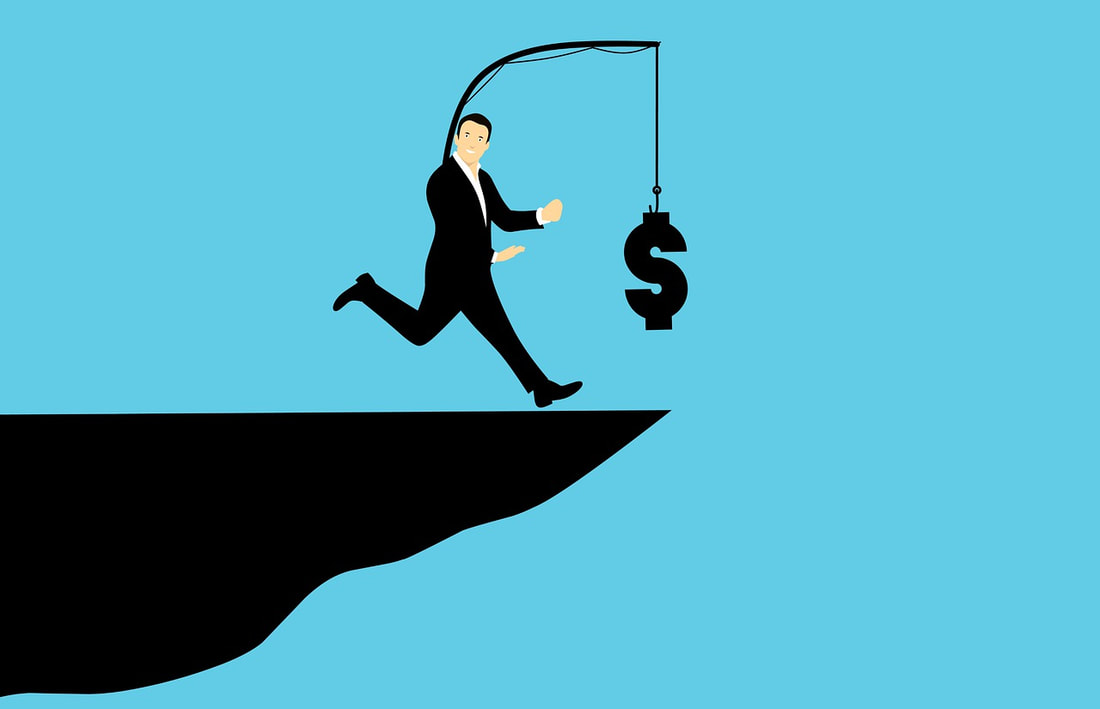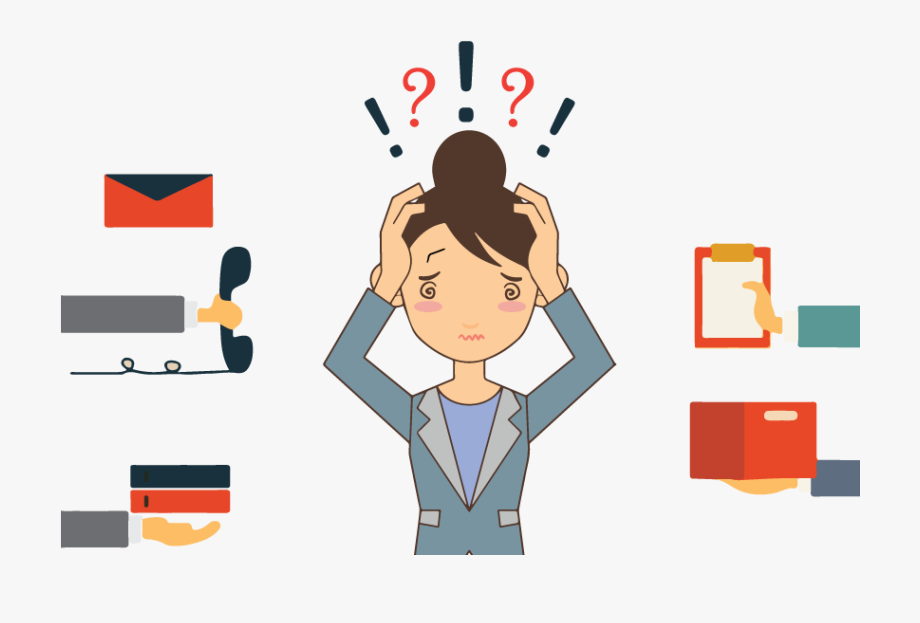|
While some employers believe stress to be a “necessary evil” to remain productive and profitable in today’s global economy, research indicates otherwise (1). In the United States, 26-40% of employees report being extremely stressed or burned out (1), in the European Union, 28% of employees reported feeling stressed at work, and in Japan, 63% of employees reported serious work anxiety or stress (2).
Ongoing stress can also contribute to longer-term issues and it's even been found that stress could contribute up to 90% of health symptoms and disorders (5). Long-term stress can manifest as psychological disorders (e.g., depression, anxiety, post-traumatic stress disorder), emotional disturbances (e.g., dissatisfaction, fatigue, tension), maladaptive behaviours (e.g., aggression, substance abuse, accidents, injury, suicide), physical illnesses (e.g., cardiovascular disease; cancer; ulcers, decreased immune system, neuroendocrine disorders, autonomous nervous systems, blood pressure, blood lipids, uric acid), and cognitive impairments (e.g., sleep disorders; 1; 2; 4; 6; 9; 10; 11).
It's time to re-think overworking yourself or your employees to get greater productivity and realize that in the long-run it will lead to lower productivity as well as many other consequences including hurting profitability. Now it's time to re-focus on engagement, motivation, and purpose. (1) National Institute for Occupational Safety and Health. (n.d.). Stress...at work (Publication No. 99-101). Cincinnati, OH(2) (2) Harnois, G., & Gabriel, P. (2000). Mental health and work: Impact, issues and good practices. Geneva: World Health Organisation/International Labour Organisation. (3) Leka, S., Griffiths, A., & Cox, T. (2004). Protecting Workers' Health Series: Vol. 3. Work organization & stress: Systematic problem approaches for employers, managers and trade union representatives. Geneva: World Health Organization. (4) Edwards, J. R., & Rothbard, N. P. (1999). Work and family stress and well-being: An examination of person–environment fit in the work and family domains. Organizational Behavior and Human Decision Processes, 77(2), 85-129. doi:10.1006/obhd.1998.2813 (5) Gibson, V. M. (1993). Stress in the workplace: A hidden cost factor. HR Focus, 70. (6) Sauter, S. L., Murphy, L. R., & Hurrell, J. J. (1990). Prevention of work-related psychological disorders: A national strategy proposed by the National Institute for Occupational Safety and Health (NIOSH). American Psychologist, 45(10), 1146-1158. doi:10.1037/0003-066X.45.10.1146 (7) Smetanin, P., Stiff, D., Briante, C., Adair, C., Ahmad, S., & Khan, M. (2011). The life and economic impact of major mental illnesses in Canada: 2011 to 2041. RiskAnalytica, on behalf of the Mental Health Commission of Canada. (8) Hassard, J., Teoh, K. H., Visockaite, G., Dewe, P., & Cox, T. (2018). The cost of work-related stress to society: A systematic review. Journal of Occupational Health Psychology, 23(1), 1-17. doi:10.1037/ocp0000069 (9) Houtman, I., & Jettinghoff, K. (2007). Protecting Workers' Health Series: Vol. 6. Raising awareness of stress at work in developing countries: A modern hazard in a traditional working environment: Advice to employers and worker representatives (E. Kortum, L. Stavroula, & B. Jane, Eds.). Geneva, Switzerland: World Health Organization. (10) Hurrell, J. J. Jr. (2001). Psychosocial factors and musculoskeletal disorders. In P. L. Perrewé, D. C. Ganster, P. L. Perrewé, D. C. Ganster (Eds.), Exploring theoretical mechanisms and perspectives (pp. 233-256). US: Elsevier Science/JAI Press. doi:10.1016/S1479-3555(01)01014-9 (11) Shirom, A. & Ezrachi, Y. (2003). On the discriminant validity of burnout, depression and anxiety: A re-examination of the burnout measure. Anxiety, Stress and Coping, 16(1), 83-97. doi: 10.1080/1061580021000057059 (12) Williams, C. (2003). Stress at work. Canadian Social Trends, 70. Retrieved from: http://www.statcan.gc.ca/pub/11-008-x/2003002/article/6621-eng.pdf (13) Stephens. T., & Joubert, N. (2001). The economic burden of mental health problems in Canada. Chronic Diseases in Canada, 22(1). Retrieved from: www.phac-aspc.gc.ca/publicat/cdic-mcc/22-1/d_e.html (14) Conti, D. J. & Burton, W. N. (1994). The economic impact of depression in a workplace. Journal of Occupational Medicine, 36(9), 983-988. doi: 10.1016/0022-4375(95)98077-D (15) Kessler, R. C., Barber, C., Birnbaum, H. G., Frank, R. G., Greenberg, P. E., Rose, R. M., Simon, G. E., & Wang, P. (1999). Depression in the workplace: Effects on short-term disability. Health Affairs, 18(5), 163-171. doi: 10.1377/hlthaff.18.5.163 (16) Sobocki, P., Jönsson, B., Angst, J., & Rehnberg, C. (2006). Cost of depression in Europe. Journal of Mental Health Policy and Economics, 9(2), 87-98.
1 Comment
|
Archives
November 2020
Categories
All
|


 RSS Feed
RSS Feed
